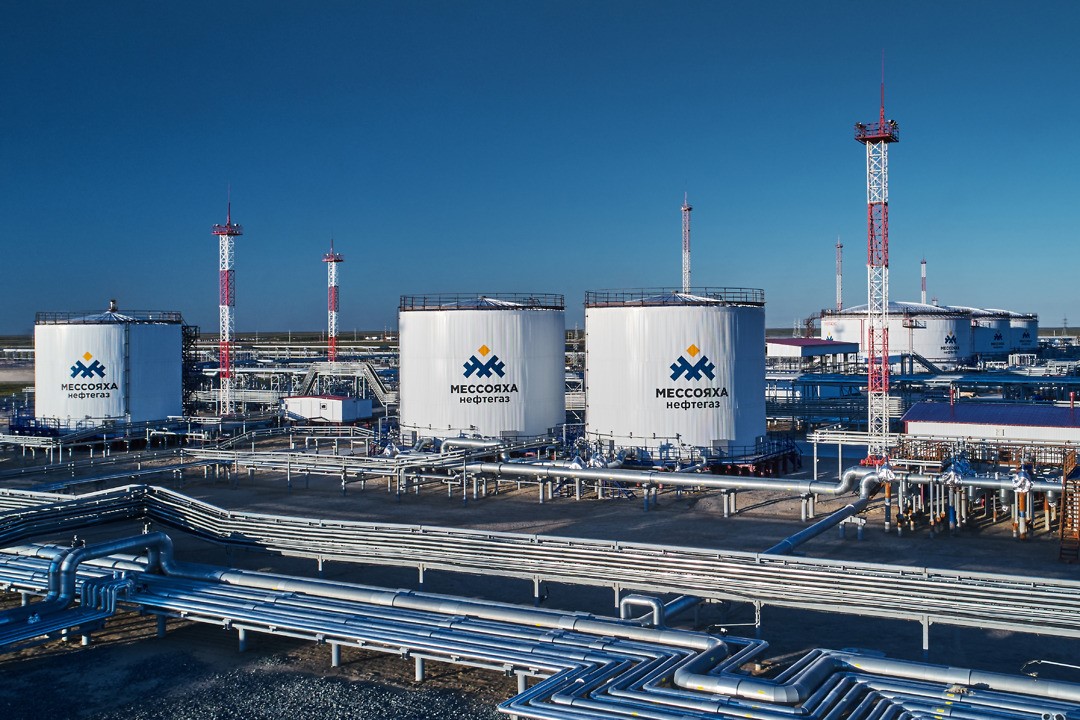RUSSIA MONITOR
Date: 15 October 2019
How Will Russia React to Forthcoming Oil Crisis?
The Russian government has for the first acknowledged what had been discussed on the worldwide stage, admitting that a continued drop in demand for oil supplies is inevitable. The question is only when this will turn into a genuinely pressing problem. While Western and Middle Eastern oil firms are bracing themselves for a decrease in oil production profitability by bankrolling renewable energy projects, their Russian-based peers seem to remain calm and collected. All this fuss reminds a bit of what happened years ago when Russia neglected the development of the LNG industry, seen a foremost shift on the world’s gas market.

The weaker demand for crude has already been outlined in Russia’s Draft Energy Strategy until 2035, and earlier had been on the agenda of Russian Energy Minister Alexander Novak. Given that oil exports are a significant source of revenue for Russia’s budget and its crude industry serves a leading role in the domestic economy, this sparked similar fears among some policy-makers. For his part, the Chairman of the State Duma Committee of Energy of the State Duma Pavel Zavalny said that Russia should now “try to unearth everything it has and sell it while investing the gains in restoring the state’s economy.” Facing a forthcoming drop in demand for crude, the world’s biggest companies based in oil-rich countries are developing their solution to the problem. Norway’s oil firm Statoil has even become Equinor, dropping “oil” from its name. Besides, the company invested over $6 billion in developing renewable energy sources, including solar battery systems and wind farms and hopes to launch similar initiatives –– worth a total of $12 billion –– by 2030. In June, the Norwegian parliament mandated its sovereign wealth fund –– the world’s biggest of this kind –– to sell staes in coal, oil and gas firms.
Also, Saudi Arabia’s oil firm Saudi Aramco takes into account the risk of dropping demand for crude and launches its renewable energy projects.
Support Us
If content prepared by Warsaw Institute team is useful for you, please support our actions. Donations from private persons are necessary for the continuation of our mission.
But Russian-based oil firms seem to neglect a global slump in demand for oil and have no plans to advance renewable energy projects. In its new corporate development strategy until 2022, Russia’s oil firm Rosneft failed to mention alternative sources of energy, while Lukoil balks at the issue, eyeing it as something of a little importance. Rosneft CEO Igor Sechin considers growth in demand for crude “inevitable” by at least 2040. What is causing his flamboyant optimism? Market analysts say that competitors with low profitability will be first to be pushed out of the market, giving way to firms that are capable of extracting oil relatively cheaply. Russian crude projects look good in this respect, losing only to Middle Eastern ventures due to the former’s lengthy shipping times. In Russia, operating costs and capital investments do not surpass $15–20 per barrel.
In the foreseeable future, a systemic decrease in demand for crude –– an issue that the Russian government has de facto acknowledged –– will diminish the price of the raw material while leading to a slump in its overall output. Massive tax cuts for Rosneft’s and Neftegazholding’s Arctic projects –– worth as much as 2.6 trillion roubles to apply for up to 30 years will yet place a burden on the state’s budget. Long-term tax incentives for Russian energy giants should come as nothing more but transferring the risk of crude production profitability directly from oil firms to the state, so all taxpayers.
All texts published by the Warsaw Institute Foundation may be disseminated on the condition that their origin is credited. Images may not be used without permission.














